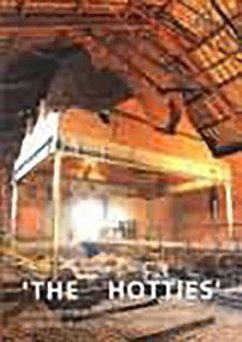The remains of Pilkingtons' No 9 Tank House represent a unique survival from the 19th century, an period of rapid development within the glass industry characterised by innovative but short-lived design. These remains are now recognised as the most complete known glass furnace structures of their era. Between 1991 and 1997, Lancaster University Archaeological Unit (now Oxford Archaeology North) conducted a programme of standing building survey, excavation, and oral and documentary research, targeted on the remains on the 'Hotties' site, in St Helens, Merseyside. The tank house was purpose-built by Pilkingtons in 1887 for the manufacture of window glass using the blown cylinder method; the cone house element of the complex still stands, and is an impressive Grade II Listed building. The investigations revealed the surviving base-level remains of a continuous tank furnace, with its regenerator chambers and gas supply flues still largely intact. This report on the excavation of the site includes chapters on the historical background to glass making at Pilkingtons, the phases of construction and redevelopment at the 'Hotties' site, working conditions and industrial relations, and a discussion of the role of Pilkingtons in the development of the British glass industry.








